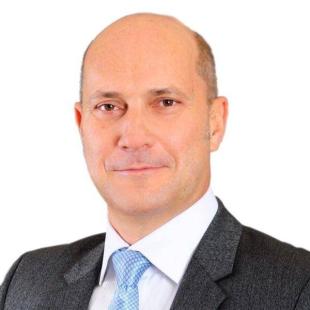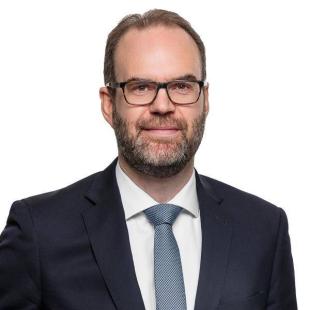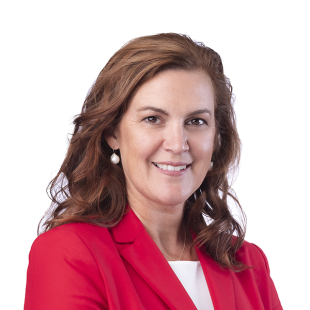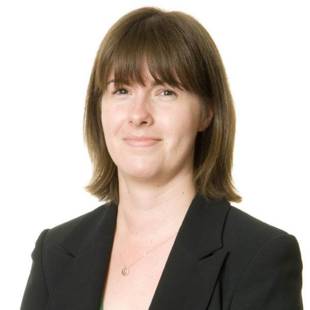Blurring Boundaries – Exploring the convergence of life sciences and law

A unique life sciences Forum brought the legal challenges created by the rapid pace of technological advances into sharp focus with sector focused sessions and informative workshops.
Experts from across the sector framed the incredible potential from digital and AI and called for the expertise of legal teams to take the ‘’regulatory handbrake’ off innovation that has transformative potential for healthcare systems and patients.
CMS’s much-anticipated Global Life Sciences & Healthcare Forum 2023, co-hosted by Ellen Gielen, Roland Wiring and Gertie Lintjens, delivered a wealth of insight and ignited discussion about how regulatory frameworks can be tested and revised without compromising safety, security and compliance.
Blurring Boundaries – Exploring the convergence of life sciences and law heard from leading figures from pharmaceutical companies, cutting edge AI enterprises, legal experts and biotech organisations with a strong accent on debate and collaboration.
Marc Kaptein, Medical Director, Pfizer, revealed the unchartered territory he and his team had to tread during the pandemic as the company partnered with BioNTech to release a COVID vaccine and maximise its public uptake.
In a fascinating talk, he outlined the twists and turns of the inside story of how Pfizer struck a rapid deal with BioNTech by ‘shaking hands’ and then balanced the societal benefits of maximising its vaccination with legal constraints designed to control public promotion.
A willingness to break fresh ground legally, politically, scientifically and logistically was an integral part of the success story and he underlined to guests at the Forum, held in Amsterdam, that ‘without blurring boundaries, we would not have got where we are today’.
Joep Rijnierse, Senior Medical Director at Amgen, highlighted its pioneering approach to work closely with patient groups to generate therapy promise across a complete health condition.
He said that the company’s medical departments worked with internal and external legal advisers to find ways to manage constraints in the mission to enhance all areas of healthcare delivery to improve systems and outcomes.
Legal expertise is critical in shaping the landscape for AI developments and speakers from across the life sciences spectrum underscored the need for regulatory frameworks to evolve at pace.
Life sciences is experiencing seismic change and Thibault Helleputte, the Founder and CEO of DNAlytics, revealed that the BioGPT initiative was able to identify medical hypotheses from deep in the data of 15 million papers in PubMed library to give scientists unprecedented R&D leads.
The Forum was an opportunity to discuss how legal teams can use their skill and knowledge to ensure that regulatory frameworks did not impede progress and to explore fast and safe pathways for innovations to become working reality.
Wouter Boon, Associate Professor in Innovation and Life Sciences at Utrecht University, emphasised the need to place legal aspects at the inception of the innovation process, observing that the sector was ‘highly regulated for all good reasons but it means that radical innovation has a tough job.’
The Forum covered an impressive sweep of themes including AI, digital therapeutics, the challenges of multi-jurisdictional online pharmacies, the new EU medicines directive and co-creation with regulators.
“We had a great range of speakers who focused on advances and roadblocks across the life sciences sector and provided us all with some innovative and provocative approaches,” said Nick Beckett, Global Co-Head of CMS Life Sciences & Healthcare Sector Group. “It was a fantastic opportunity to discuss, explore and collaborate and the insights and learnings it generated will help us face global challenges in life sciences.
“We have to navigate global challenges such as sustainability, poverty, inequality, ageing populations; concerns about privacy with the use of data, concerns about ethics and the use of AI. To do that we need global perspectives and we believe that CMS as a firm, with 80 offices worldwide, is well positioned to navigate issues, foster collaborations and be a vital partner in moving life science innovation forward in the digital age.”

_600x600px.jpg)






_840x420.jpg)
